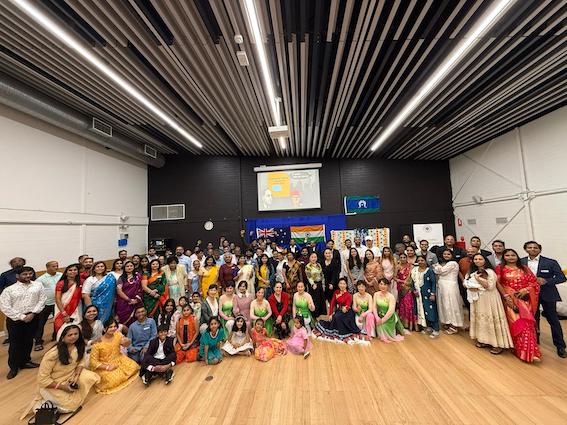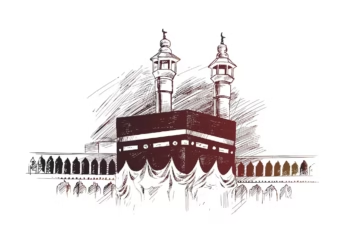The Melbourne community came together on April 13, 2025, to commemorate the birth anniversaries of two pioneering Indian social reformers, Dr. B.R. Ambedkar and Mahatma Jyotirao Phule. The event, hosted by the Navyana Buddhist Charitable Organisation at the Mount Waverley Youth Centre, featured speeches, cultural performances, and intellectual discussions celebrating their enduring legacies of social justice and reform.
The celebration marked the 134th birth anniversary of Dr. Ambedkar and the 198th birth anniversary of Mahatma Phule, drawing diverse participation from across Melbourne. The program commenced with Ms. Asmita Mahire-Singh reading “Dr. Ambedkar, A Messenger of Humanity,” setting the tone for a day dedicated to reflection on social equality and reform.
Dr. Bhimrao Ramji Ambedkar (1891-1956) was a towering intellectual, jurist, economist, and social reformer who fought tirelessly against caste-based discrimination in India. As the principal architect of India’s constitution, he championed equal rights for marginalised communities, particularly Dalits (formerly known as “untouchables”). Dr. Ambedkar’s conversion to Buddhism later in life inspired millions to seek dignity and equality outside the caste system, establishing him as one of India’s most influential leaders in the struggle for social justice.
Mahatma Jyotirao Phule (1827-1890) was a revolutionary social reformer who dedicated his life to eradicating untouchability and advocating for women’s education and rights in 19th century India. He founded one of India’s first indigenous schools for girls in 1848 and established the Satyashodhak Samaj (Truth-Seekers’ Society) to promote social equality among all castes. His writings and activism laid crucial groundwork for anti-caste movements that followed, earning him the honorific title “Mahatma” (great soul).
A significant part of Mahatma Phule’s success came through his partnership with his wife, Savitribai Phule, who became India’s first female teacher. Despite facing severe social ostracism and harassment, Savitribai dedicated herself to women’s education and rights. She established several schools for girls and women from marginalised communities, opened a care centre for pregnant widows, and advocated against child marriage and other discriminatory practices. Her pioneering work fundamentally challenged gender and caste hierarchies in 19th century India.

Working alongside the Phules was Fatima Sheikh, recognised as India’s first Muslim woman teacher. She provided her home as a shelter for the Phules when they were ostracised for their radical educational initiatives. Fatima Sheikh taught at the school they established together and played a crucial role in reaching out to Muslim women and children, extending their educational mission across religious boundaries. Her collaboration with the Phules exemplifies the interfaith solidarity essential to their progressive movement.
The Melbourne event featured distinguished speakers including Dr. Jill Jameson from the Buddhist Peace Fellowship, Prof. Haripriya Rangan of the Australia India Institute, Dr. Priya Chander, and Dr. Parag Moon from the Navyana Buddhist Charitable Organisation. Dr. Moon discussed the ongoing campaign to transfer management of the Bodhgaya Temple to Buddhist leadership, currently governed under the Bodhgaya Temple Management Committee Act of 1949.
A highlight of the programme was a panel discussion on the historic Poona Pact of 1932, a pivotal agreement between Dr. Ambedkar and Mahatma Gandhi regarding political representation for India’s Dalit communities. Panellists examined how the agreement replaced separate electorates with reserved seats and implemented primary elections to protect Dalit representation.
Cultural performances by members of the Shri Guru Ravidas Sabha and participants from Sri Lankan and Vietnamese communities added vibrant diversity to the celebration, featuring both traditional and contemporary dance.
As attendees networked and socialised following the formal programme, the event reinforced its central message: the enduring relevance of Ambedkar and Phule’s visions for equality and social justice in today’s global society.








